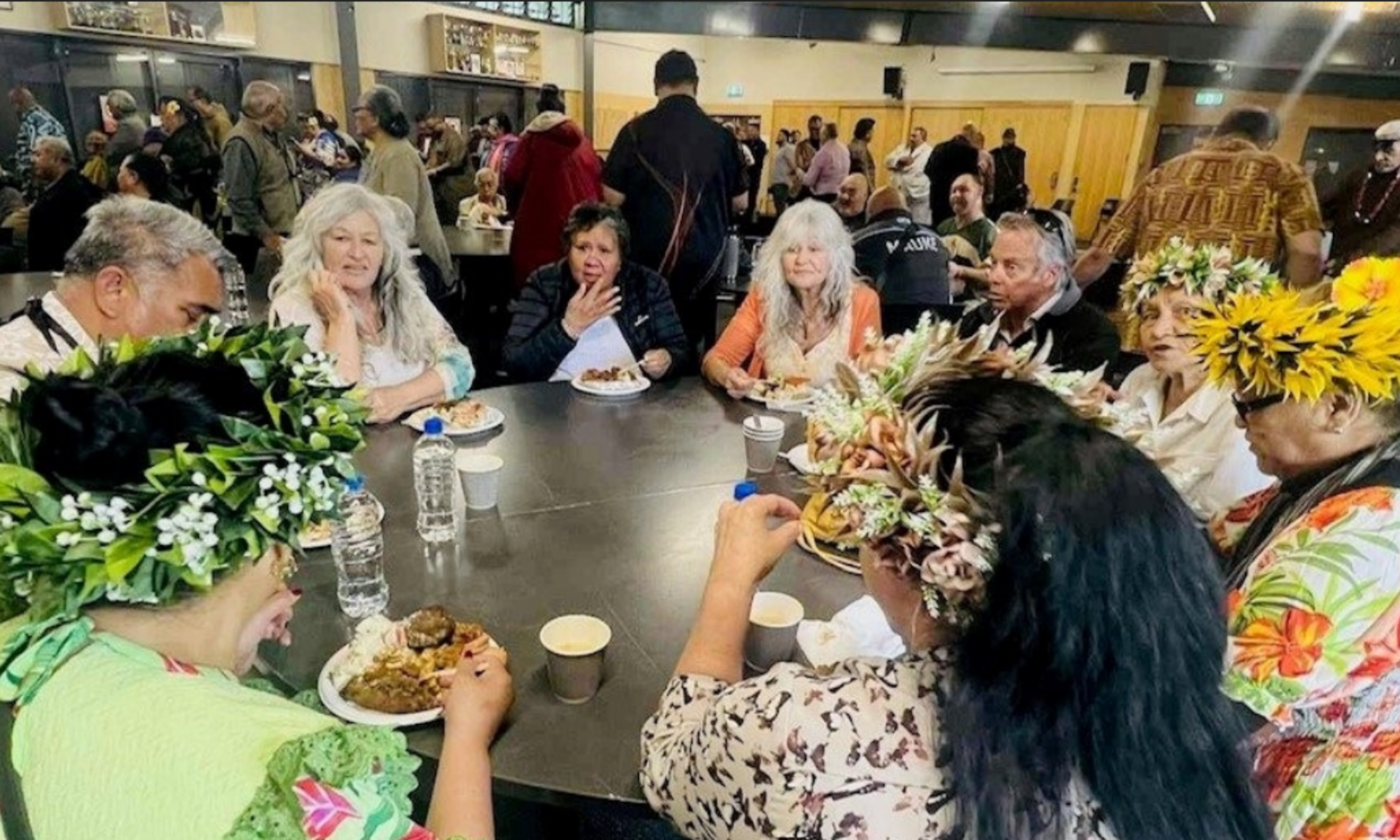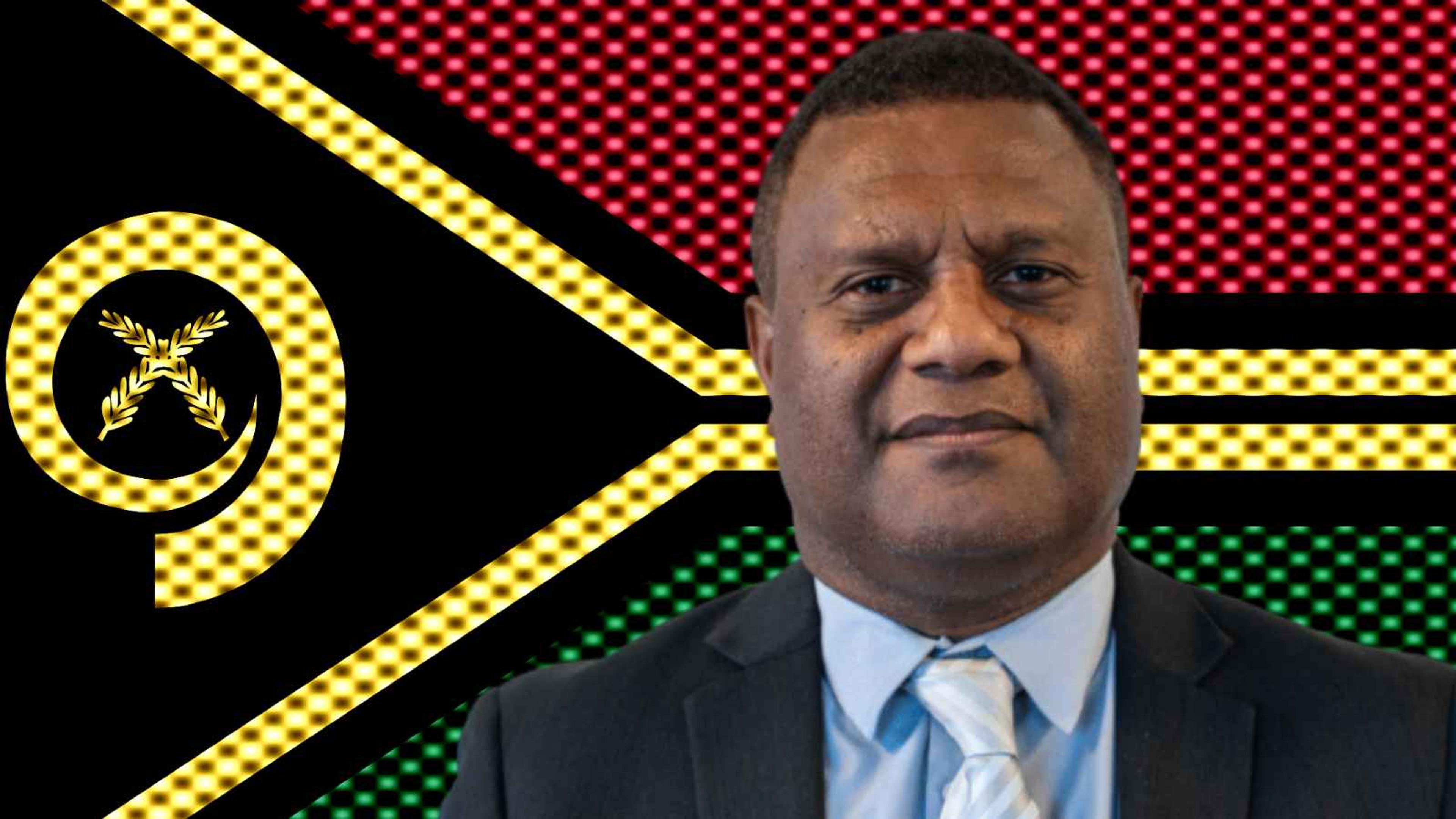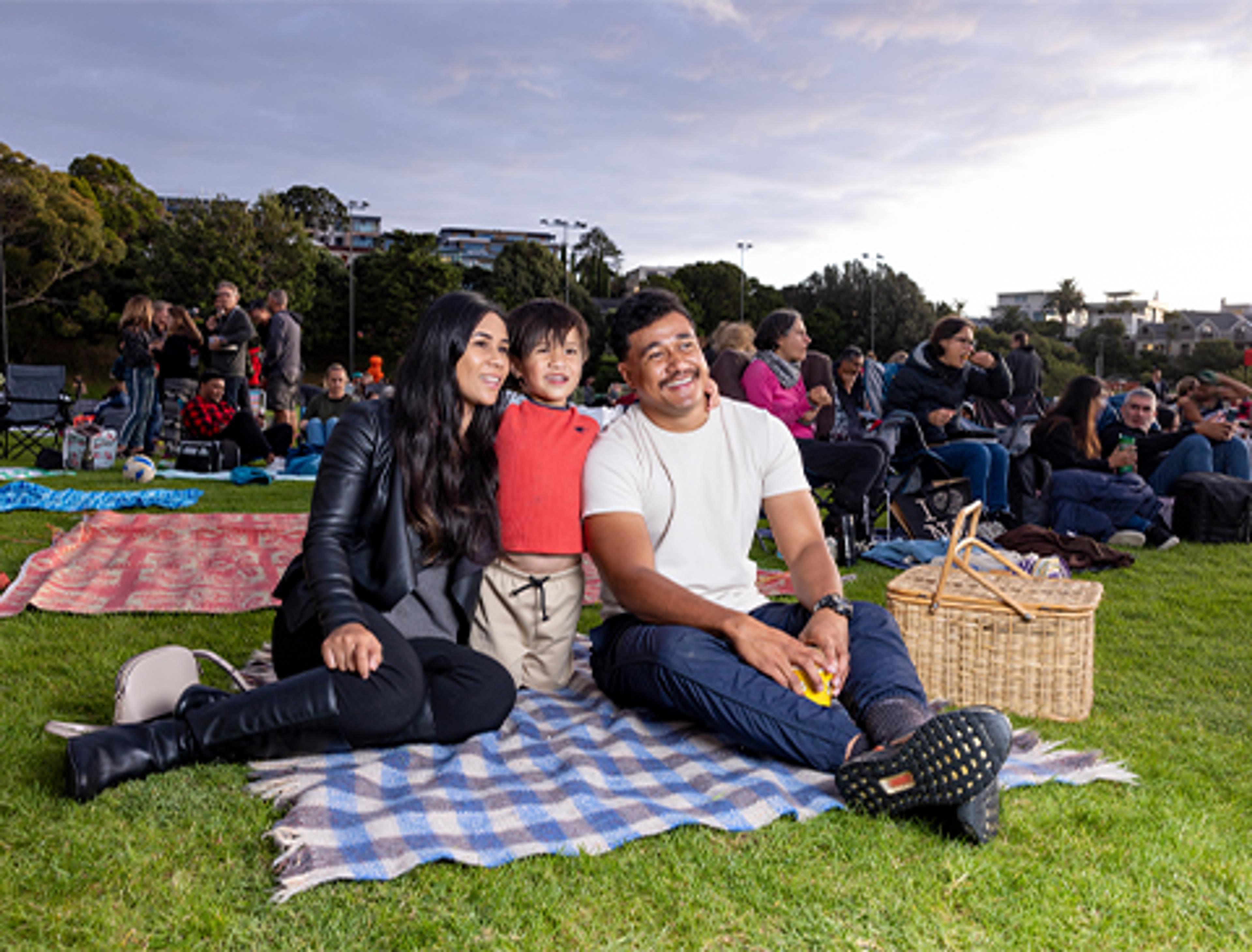

New Caledonia reopened to tourists in March following nearly a year of political unrest.
Photo/Tourism New Caledonia
Travel caution issued for New Caledonia amid ongoing political tensions, civil unrest
Just six months after reopening to tourists following the deadly riots of May 2024, travellers to the French territory are urged to exercise heightened caution.


Blacklisting squeeze hits Vanuatu families and businesses, the regulator VFSC warns


Pack your tissues: Free movies return with Tinā set for South Auckland

Manurewa charity requests $30,000 to keep Pacific seniors monthly gatherings

Blacklisting squeeze hits Vanuatu families and businesses, the regulator VFSC warns


Pack your tissues: Free movies return with Tinā set for South Auckland
While New Zealand has lowered its travel advisory for New Caledonia, Australians planning to visit the French Pacific territory are being advised to be extra careful this week.
The warning from the Australian government comes just six months after New Caledonia reopened its doors to tourists following a year marked by serious unrest that created major political and economic issues in the region.
In May 2024, violent protests in the capital, Noumēa, led to 13 deaths, many injuries, hundreds of arrests, and caused billions of dollars in damage to the economy.
To restore order, more than 6000 French gendarmes and security personnel were deployed from Paris to resolve the clashes between indigenous Kanak pro-independence supporters and their opponents.
The deadly riots erupted on 13 May, just hours after French President Emmanuel Macron proposed changes to local voting rules that would allow newcomers to participate in elections.
Macron has since abandoned his electoral reforms for New Caledonia, which has drawn criticism from some political groups in France, calling for his resignation.

French Minister for Overseas Manuel Valls, left, and New Caledonia President Alcide Ponga signed a loan for €1 billion (NZ$1.95b) in March 2025. Photo/Gouvernement de la Nouvelle-Calédonie
Last month, France made a significant decision to give New Caledonia a unique status, allowing for more local control, but stopped short of granting full independence to the territory, which has been under French rule since the 1800s.
Many in New Caledonia who support independence, especially the Kanak and Socialist National Liberation Front (FLNKS), have rejected the agreement signed on 12 July. The FLNKS held a meeting on Saturday and unanimously expressed their strong disapproval of the terms.
The French Minister for Overseas Affairs, Manuel Valls, is expected to return to the territory next week.

Union Calédonienne members of the FLNKS Executive, one of the key parties during earlier talks with the French government. Photo/LNC
Meanwhile, the Australian government updated its travel advice for New Caledonia, urging travellers to exercise a high level of caution due to ongoing risks of civil unrest and violence.
"There’s still a high police and security presence in the country. Isolated security incidents may occur across the territory. Monitor local media and follow the advice of local authorities."
The Australian advisory, updated on 7 August, states that political tensions can quickly escalate.
It advises visitors to be aware of personal safety, as authorities may impose restrictions or curfews without notice.
Listen to Pacific correspondent Nic Maclellan's full interview with PMN Political reporter Ala Vailala on New Caledonia below.
There are also ongoing issues with crime, such as car thefts and break-ins, so travellers should keep an eye on their belongings and always lock their cars and accommodations, the advisory states.
New Zealand has lowered its travel advisory for New Caledonia, indicating improved safety conditions. The advisory now advises exercising a high degree of caution, rather than recommending against all but essential travel.
While the situation has improved, New Zealanders are still advised to remain vigilant for potential risks, including civil unrest and violence, and to monitor local media for updates.